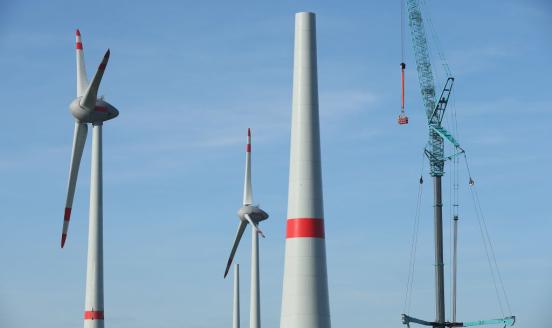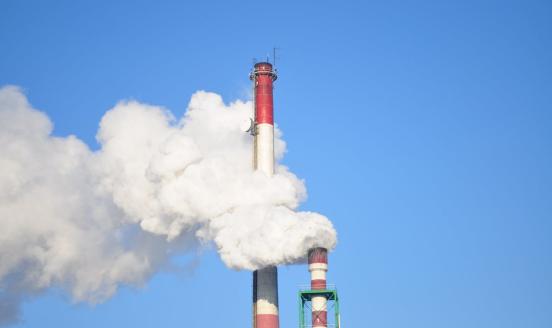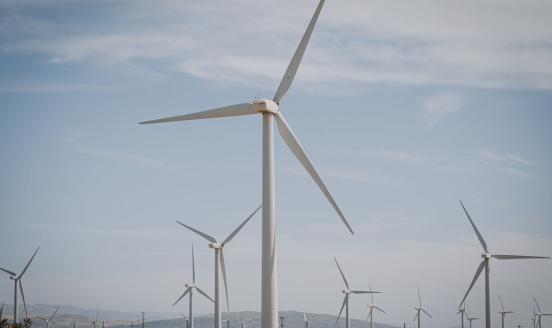The triple purpose of EU industrial policy
How can the European Union’s industrial policy advance decarbonisation while fostering strategic autonomy and economic efficiency?
Today, the mitigation of climate change is one of the most important issues worldwide. However, governments also need to prioritise geopolitical resilience and economic growth when designing their industrial policies.
In this episode of the Sound of Economics, Giuseppe Porcaro is joined by Philippe Aghion, Simone Tagliapietra and Reinhilde Veugelers to discuss what an innovative, European-level industrial policy would look like and how it could address all those competing objectives.
They propose that the EU should engage in ‘co-opetition’ with the United States and China, which includes co-operation and maintaining economic ties to facilitate global decarbonisation most efficiently. At the same time, they argue that investing in new technologies in the EU is key to ensure its competitiveness and economic stability.
Relevant publication:
Aghion, P., K. Ahuja, C. P. Bown, U. Cantner, C. Criscuolo, A. Dechezleprêtre, M. Dewatripont, R. Hausmann, G. Lalanne, B. McWilliams, D. Rodrik, S. Tagliapietra, A. Terzi, C. Trasi, L. Tyson, R. Veugelers, G. Zachmann and J. Zysman (2023) 'Sparking Europe’s new industrial revolution: a policy for net zero, growth and resilience'.



